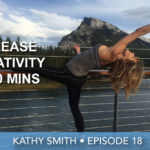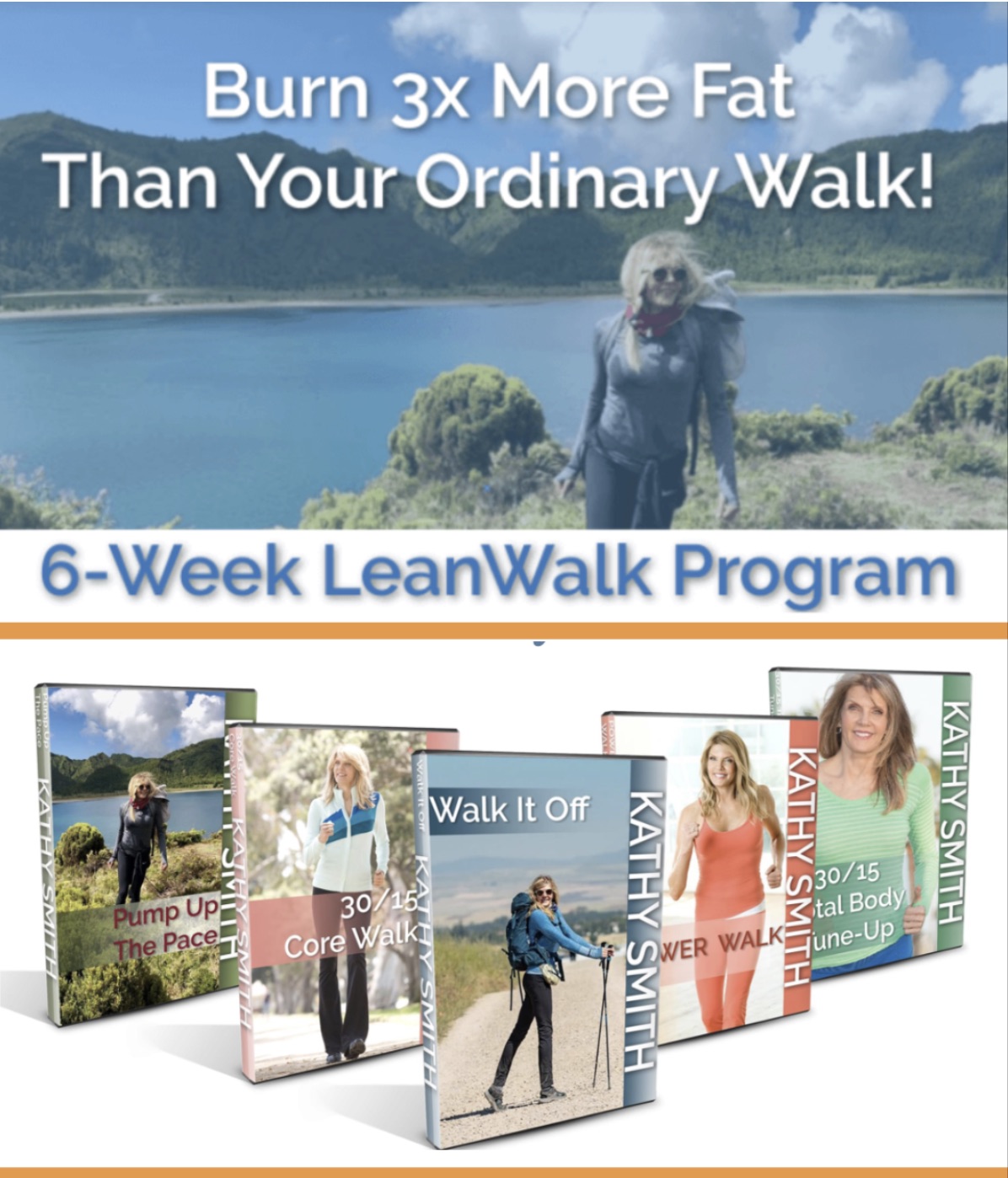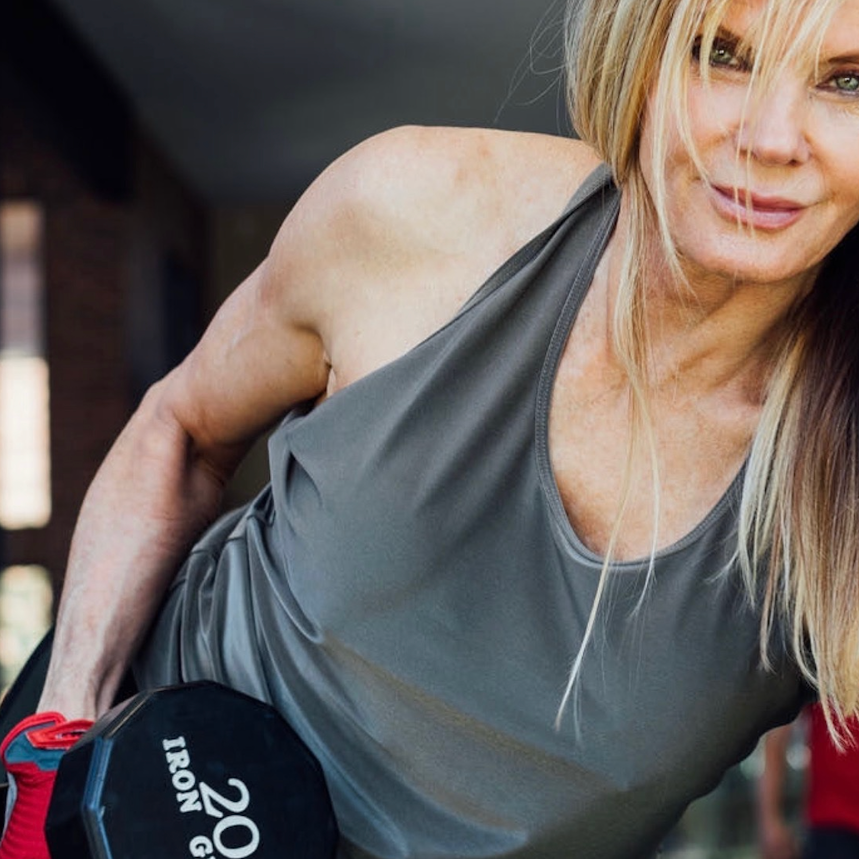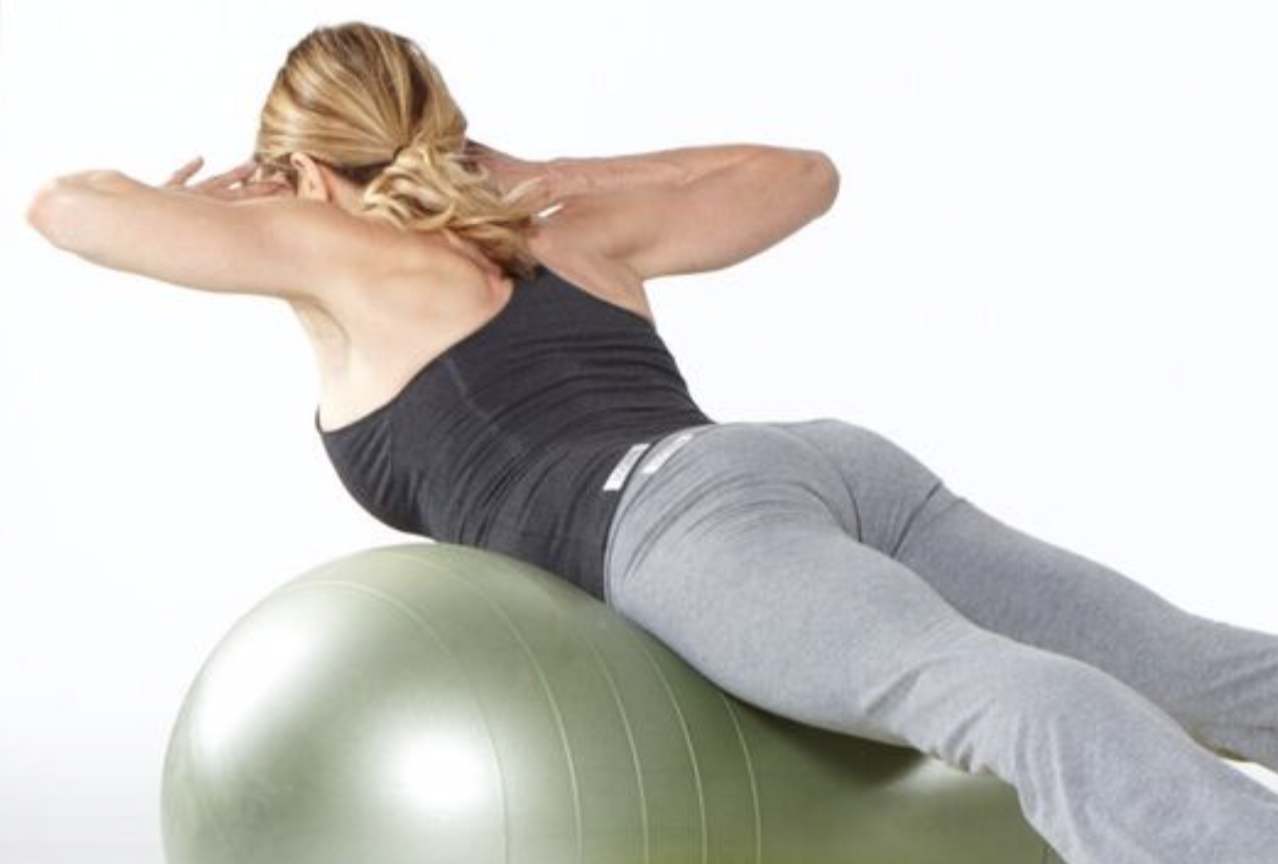Episode 39 | Olympian Kate Grace | Champion Yourself

LISTEN…CLICK PLAY!
Why you should listen –
I just returned from a weekend in Sacramento, where Kate Grace ran at the USA Track & Field National Championships. During each event, she repeats a motto to herself. This weekend’s motto was, “Deliberately and fiercely chase your dream goals.” Which she did…..She qualified for WORLD’S. Which means we are headed to London for the World Championships in early August! For those of you who don’t follow track, The World Championship is the most elite event that happens on non-Olympic years.
For most of her career, she’s been the underdog…the dark horse. But all of that changed last year at the Olympic Trials. Not only did she win first place in the 800m to qualify her for a spot on the Olympic Team, but once in Rio, she made it through the prelims and semi-finals, and represented the United States in the Olympic FINALS!!
She was a very special guest on the podcast last year after she ran in the Olympic Finals, and this week, she’s back with a brand new segment!
This episode begins with our original interview, where she dives into detail about how to focus in the midst of chaos, the best time of day to eat carbs, and what to do when you don’t feel like working out.
But, notice the NEW audio clip at the end, where she discusses the biggest lessons she’s learned in the last year that have helped her maintain her edge and move to the next level. I may be a bit biased, but you don’t want to miss it 🙂
FAMILIAR WITH PODCASTS? LISTEN ON iTUNES!
Follow Along With The Highlights
Kathy Smith: Kate, big congratulations. I can’t believe we get to go to London.
Kate Grace: Thank you so much, Mama. I’m happy to be here. Yeah, it was so fun seeing you this weekend and all of our friends and family.
Kathy Smith: It was fun and it was hot.
Kate Grace: It was hot. It was insanely hot.
Kathy Smith: What was it? The first day you ran, it was like 110 or something. Crazy.
Kate Grace: Yeah, every day last week I want to say the high was in the 105 to 110 range. Then, the track adds another element. The track radiates heat so it’s actually–I think the surface temperature of the track can get up to crazy temperatures. I know they did a little thing where they fried an egg on the surface or on the asphalt outside the track.
Kathy Smith: Oh, my gosh. Well, I know it’s kind of interesting as I’ve been looking at your Instagrams and watching you prepare for these races. I know a big thing for you is having these mantras and motivational kind of messages that you use. And I was wondering, do you actually repeat those in your brain or do you put them on walls? How do you use these mantras?
Kate Grace: I use them in different ways. It’s more so just in my reading. I’m kind of always on the lookout for inspiration and motivation from all aspects of life. So, I’m reading about different activists and different people from all walks, just people who have really pushed their limits to reach their goals. I have my notes file on my phone and I keep a list of my favorites.
Sometimes, I put them on stickies, so I have a few stickies that I actually keep in my bag. The sticky notes have really quick phrases like “Champion yourself,” or “There’s only today,” or “Excellence can only be achieved today.” Those are the ones that are in my gym bag and if, for some reason, I’m feeling low, I’ll just look at one of them. There’s about 20 in there. And I’ll just find motivation from that.
Otherwise, I’ll have them in my notes on my phone. I have this app – actually, this book of quotations and I get a little quote every day of the week. Last week, I felt like it was fate. All the quotes were so applicable. One of them was Susan B. Anthony, the famous woman from the separatist movement, and her quote is, “Failure is impossible.” Of course, you might not win all the battles, but when you have something that you’re so passionate about and you believe so strongly should happen – like in her case, obviously, women getting the vote – in the long run, failure is impossible.
So, that was one of my one’s last week that I put on my phone. Whenever I get nervous, I just kind of my little notes and just calm myself with them.
Kathy Smith: I got little chills when you said that. It’s kind of interesting as I think about this. I was reading an article in the New York Times recently about resilience and the fact that, believe it or not, some of the Ivy League schools like Stanford and big colleges are, now, starting to teach resilience, because they feel it’s one of the things that’s missing in our educational system – that kids, young people don’t–many times, it’s the millennials actually. They haven’t failed. They’ve been brought up in such a way that it’s like the soccer team. It was the generation that everybody on the soccer team got an award for being great.
It’s interesting that you get to a point in life where it’s hard to not win or succeed and, yet, when you look at great champions, when you look at people in business, professors, people that get up on stage and motivational speakers, one of the things they talk about so much is all the failure they’ve had in their lives and what they’ve learned from it. Do you feel that that is something that you’ve experienced, that you’ve gained a lot from not winning as well as winning?
Kate Grace: Yes. Certainly. I think that’s actually one of the reasons, obviously, you and I went to the Women’s Sports Foundation dinner last year. I think one of the reasons that having girls–anyone–young kids in sports is so important, because when you’re in a sport, you publicly fail all the time. When we were playing soccer when we were younger or t-ball or whatever, you have to deal with small, public setbacks constantly. They need to learn quickly how to deal with them, learn that it’s not the end of the world even though your parents are watching and, then, learn to move forward.
For me even, you used to joke with me. I remember we used to think that coming to meets was bad luck when you came to meets. But we realized what it was, was that if you come to meets, it means that I’m in the finals or I’m at the final championship. For a long time, I would make it to the finals and, then, not do that well – get last. You realize you get a lot of experience dealing with having to take the positives. So, I would spend it and say, “Oh, I made it to the finals.” Take the positives but also not let the negatives totally defeat you.
Kathy Smith: Yeah, it’s funny that you said that. It reminds me of the time that you did–was it the first time you made it to the Olympic trials, which was five years ago? I remember being in the stands and watching you as you struggled that year a bit – finishing but still struggling. Then, watching your process of exactly what you’re saying. How do you go through that in front of everybody and everybody’s showing up for you? At the same time, in my heart, it’s like, “Oh, my God. My poor baby.” Then, at the same time, coming out of it.
Yeah, you’re right. How do you spend it in such a way of where you keep your confidence intact, like, “Hey! I’m here at the Olympic trials, in the finals,” or whatever. Yet, this is what I’ve learned from this experience. “I’ve learned that I can’t get boxed in or I can’t do this,” or whatever your coaches are teaching. I think it’s so valuable.
I want to switch gears for a second here. What do you think, whether it’s athletically, mentally or physically – like with physical fitness – what do you think is the biggest thing that you’ve learned or you’ve worked on in the last year since the Olympics to get you to almost like the next level.
Kate Grace: It’s been interesting since the Olympics. I think, in a way, back to the mental portion of it, I think you realize especially after getting to that level, it’s almost like you realize that uncertainty is a constant. So, even after making the team, you’d think that this year would be easy or like it would be a no-brainer, but if anything, it’s not the case. The clock resets. You put in all of the same hard work. It’s not necessarily any easier. There are always new pressures.
So, for me, I thought that I was so strong mentally last year. Then, it was like I was thrown a curve ball. I had so many new fears – fears of not making it after I already had, new competitors that I was kind of obsessing over and thinking about way too much. So, I had to really work on almost like a meditative accepting the fear, loving the fear, that it was part of it and it was ok, and it didn’t mean that I was weak that I was having those doubts.
That was a big one and, then, I also want to say I learned a lot about the ebbs and flows of training. Because after the Olympics, there is kind of a low. It’s such a high. There’s such a release of energy and excitement. And it’s kind of hard to get going again.
Kathy Smith: Almost like a let-down.
Kate Grace: Yeah, exactly. So, I had to kind of realize it was ok that was happening and learn that, ok, my body probably does need to recover a little bit. I’m not quite as disappointed with all of my training or all of my nutrition, but that’s ok. That will make me stronger in the end, because it means I’m allowing myself to rebuild. I just had to learn that that let- Kathy Smith: When you’re speaking of rebuilding, let’s talk about collagen. I know it’s something that a lot of athletes use, and I know at one point, you were making little gelatin cubes. Are you still doing that?
Kate Grace: I am, yes. It’s interesting. I read a little bit on gelatin and collagen. We have a doctor that we consult with, Dr. Keith Barr, and he’s done research with gelatin for tendon and ligament recovery. Tendons and ligaments, obviously, are just so much slower to recover. We’re doing so much damage to them when we run or just causing them to break down. For him, we have gelatin supplementation before explosive activity. It basically is Jell-O without the sugar. It’s just gelatin cubes. I’ll have it before sprinting, before explosive lifting.
That said, I know you and I talked. I’ve heard that hydrolyzed collagen is kind of the same compound, but you’re getting it in a slightly different way. I’ve heard that there are separate benefits to hydrolyzed collagen, but I haven’t actually done the hydrolyzed collagen as much. But I love the gelatin.
I have all these random other things like my nails look great, my hair is good. So, there are all those random other side effects that I like from it. But I want to continue trying the hydrolyzed collagen as well.
Kathy Smith: Well, a little plug for the hydrolyzed collagen, I’ve been using that probably for the last four or five months, and I have noticed the same thing. Skin, hair, nails and joints, everything feels and looks a little better. So, it’s doing something. There are a lot of studies on it, but I don’t know the difference between the benefits from the cubes and the powder form that I use. But I really am enjoying–it’s easier for me. I know I’ve seen you mix up your batches of Jell-O and freeze them, and I guess it’s nice on a hot day to pop in a Jell-O cube.
Kate Grace: Yeah, drinking is definitely a simpler way of doing it. I had been meaning to ask Dr. Keith about hydrolyzed. To my understanding, it’s similar. There’s not really a difference, so it’s just as good taking it in the drink form. If anything, it might be easier absorbed, with less prep. Because with the gelatin, you have to heat it, which is what I do when I make it but that requires you to boil water and it’s a little bit longer process. So, when you’re busy, mixing the hydrolyzed collagen into a drink does make sense.
Kathy Smith: Ok, last question. When I was watching you in Sacramento, first of all, your friends were there, people supporting you. Somebody came up into the stands and they said they had just seen you in the warmup pit. I said, “How does she look?”
He said, “You look like you’re in your zone.”
I said, “What exactly does that mean?”
He said, “Well, she’s got the earphones on, the earbuds in. Her gaze is slightly downward. Nothing is distracting her line of vision.”
What does it feel like to go in the zone and how do you get yourself there?
Kate Grace: It’s funny in a lead-up to a race, because I feel like I get all these different emotions that I’m slowly simplifying my life. I think this is good whenever you have any kind of big performance coming up – if it’s a meeting, if it’s anything. It’s a whole week or months going into it where I’m making sure that everything else is in order. Anything that I don’t have to do is off my list.
Then, by the time race day comes, even getting it down to, I’ve written a list of everything I’m eating that day, exactly what I’m doing every minute so there’s no thinking that day. By the time that day comes, it’s almost like you’ve practiced so much your body goes into muscle memory. Because you know the nerves are coming, so you don’t want to have to freak out about other things.
Then, I listen to my meditation tape. This my ultimate switch over. I get to the track and I listen to my Patrick Porter meditation tape, and I do a full body scan like breathing in and out and kind of visualizing this blue fluid go in and out of my body. That’s like my mental switch. Then, it’s go time. You don’t over think it.
I’ve actually been listening to a different meditation tape and what they’re saying, the whole thing about flow state, in any athletic activity, it’s not about forcing the performance, it’s more about letting go. You’re just completely letting go. That means you’re letting go of stress, you’re letting go of any anxiety. Even in the race, it’s like letting go of your preconceptions even of what you can do. In order to get to that next level, you’re letting–so, more than having this feeling of stress, it’s this intense zen, relaxation. Then, in the race it’s like you’re going to put it all out there but from a place more of peace and excitement. I don’t know if that makes sense.
Kathy Smith: No, it does. And by the way, I love the way you explained that because it’s a similar technique I use when I go on stage. The same sort of thing, you prepare, you prepare and, then, you completely let go. And the more I can let go of a preconceived idea about the way that I think it’s going to go and I just get into the moment, the better my performance.
One of the things, maybe just for the audience out there, a technique that I use when, actually, I’m giving presentations on stage and I’m talking to people about stress in their lives and there’s a simple technique that I teach. It’s called BLT – Breathing/Listening Technique. So, if everybody wants to do it just for a second, we can just do one round and you can just see how in a few seconds you can change your mind state.
Right now, if everybody just exhales. Now, inhale on the count of four. Hold your breath and listen for a sound and name it. Then, exhale. If you did that about five more times and you listen, you might hear leaves in the wind or you might hear a dog barking or you might hear a car going by. Whatever the sound is, if you listen to it and each time you try to find a new sound, then you name it. What happens, it forces you to get very present. And if you’re in a room of 350 people and you do this technique, you’ll find that all of a sudden, there’s a shift in energy and everything seems more clear and you’re more aware and you’re more in the moment. The biggest thing is you’re in the moment and that’s where you get the best work done. Because we found that people thinking about the past of what happened in the past or thinking about the future is not going to help you here and now. So, I think it’s brilliant what you do and I think everybody can learn from it.
Well, baby, we’re so proud of you. Everybody’s so proud of you. I get so many Facebook followers that are asking tons of questions and everybody’s rooting you on in London. Thank you for taking the time. I love you.
Kate Grace: Mama, thank you so much. I love you so much. It was so much fun this weekend. I love the pictures of us together. I can’t wait for London.
Kathy Smith: Ok. Sounds good. Big kiss. Bye-bye.
Kate Grace: Bye-bye.









